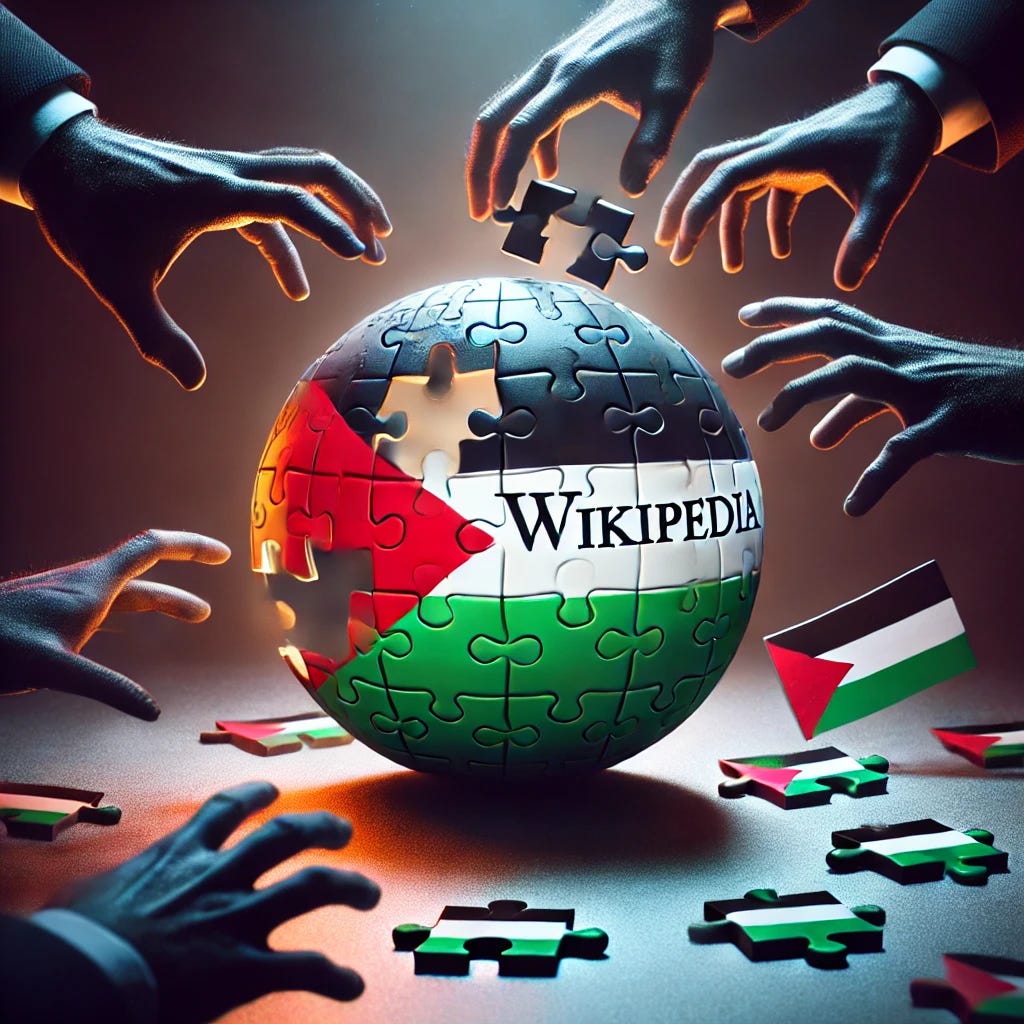Wikipedia Bars Prominent Anti-Israel Accounts, But Systemic Manipulation Persists
“While the ban of toxic editors spreading anti-Israeli narratives is a step forward, the question remains as to how the platform's administration allowed this for years," says WikiBias
In a rare move, Wikipedia's Arbitration Committee (ArbCom)—the platform's highest dispute resolution body—has penalized eight editors for disruptive behavior, including non-neutral editing and edit warring, in the Israel-Palestine topic area, according to the Jewish Journal’s Aaron Bandler and the Jerusalem Post. These editors, alleged to have manipulated content to promote anti-Israel narratives, now face indefinite topic bans. While some view this as a step toward accountability, critics argue that such measures fail to address the broader, systemic exploitation of Wikipedia by organized disinformation campaigns pushing antisemitic, anti-Israel, and pro-Hamas narratives.
Action Against Problematic Editors
The editors facing sanctions are alleged to have exploited Wikipedia’s open editing model to skew content related to the Israel-Palestine conflict. By erasing key historical context, amplifying extremist viewpoints, and suppressing opposing perspectives, these individuals shaped narratives that critics say misrepresent the complex realities of the region and demonize Israel and the Jewish people.
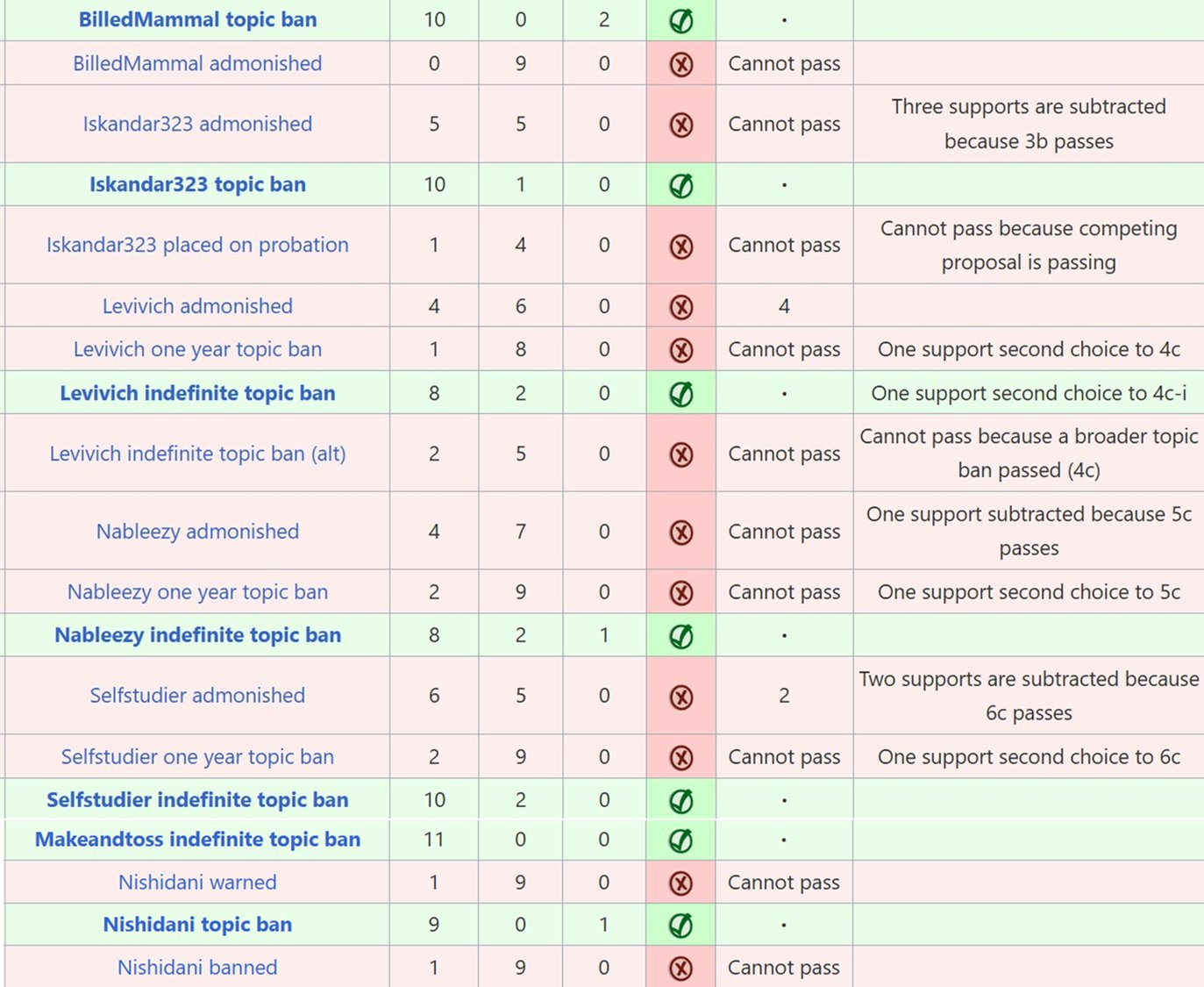
The decision to impose bans has been seen as a significant, though belated, acknowledgment of the platform’s vulnerability to such manipulation. According to "Wiki Bias," a watchdog account on X (formerly Twitter) that monitors antisemitic and anti-Israel bias on Wikipedia, “While the ban of toxic editors spreading anti-Israeli narratives is a step forward, the question remains as to how the platform's administration allowed this for years. The time spent and number of edits suggest these individuals may have been paid and treated it as a workplace.”
WikiBias further added that although some notorious editors were punished, others remain active, such as Huldra, whose activity can be seen in the screenshot below.
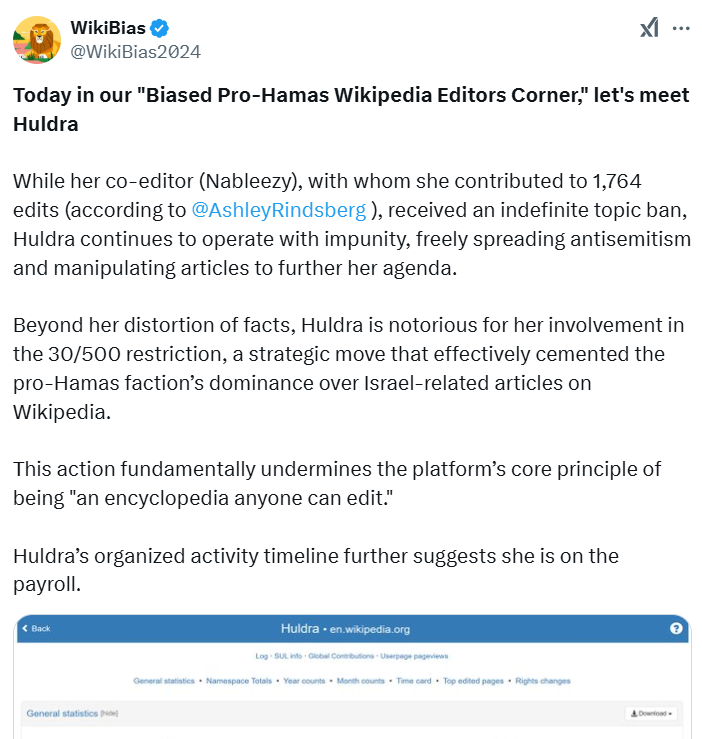
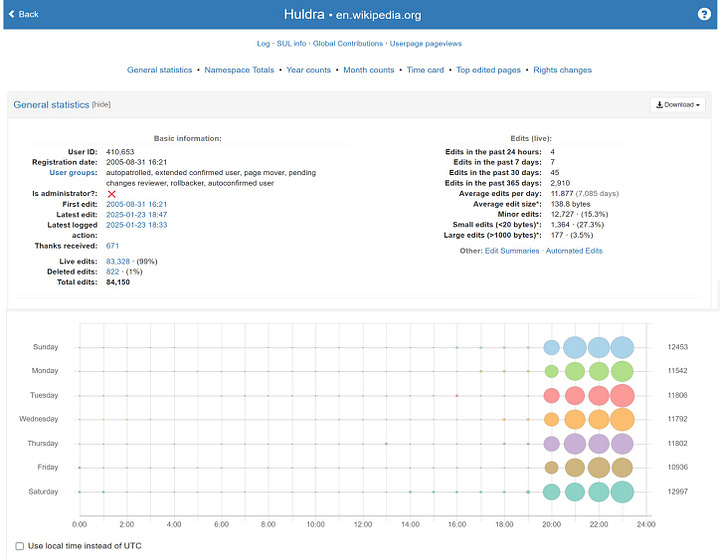
Structural Vulnerabilities Exploited
The sanctions highlight a broader issue: Wikipedia’s structural weaknesses. Its reliance on unpaid volunteer editors and a decentralized moderation process has allowed organized campaigns to exploit its policies. Ashley Rindsberg, writing in Pirate Wires, has detailed how influential actors, including wealthy organizations, have used their resources to shape narratives on the platform.
Rindsberg notes that Wikipedia has become an ideological battleground, vulnerable to those with the patience and funding to mold it. Moreover, he points to the involvement of the Soros Family and its Open Society, which has garnered infamy for its funding of numerous anti-Israel and antisemitic organizations. Specifically, Rindsberg notes that “Soros-linked operatives have spent the past eight years embedding themselves in top roles at Wikimedia Foundation”—the nonprofit overseeing Wikipedia—“and transforming the site into a tool for radical social engineering.”
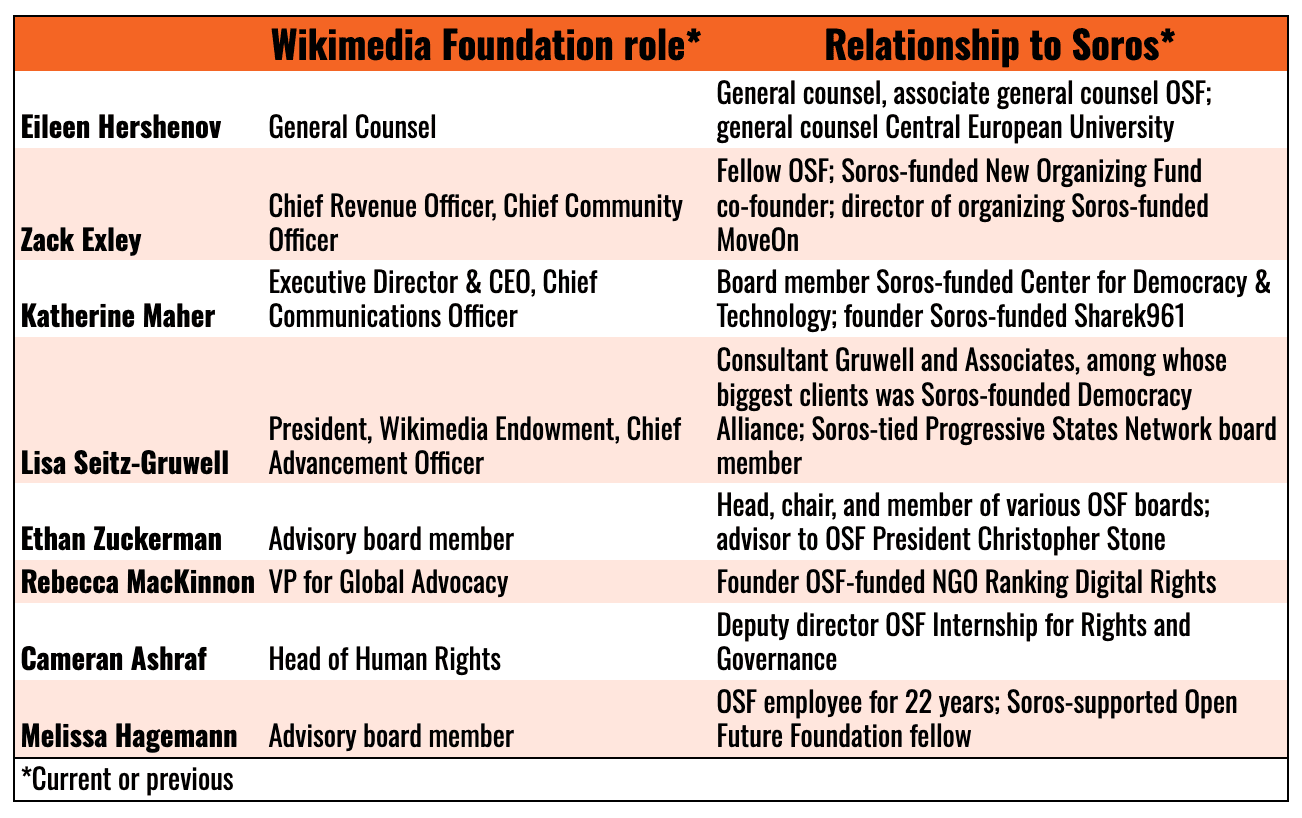
Rindsberg argues that the Wikimedia Foundation has done little to address the root causes of manipulation. While it has often emphasized its commitment to neutrality, this principle is frequently weaponized by bad-faith actors who exploit the platform’s policies to suppress opposing viewpoints, he alleges.
A Step in the Right Direction, but More Is Needed
Recent sanctions against editors accused of anti-Israel bias have been described as a step forward by critics, but they argue that these actions fail to address the deeper issues that have allowed manipulation to flourish for years. Watchdog groups and experts like Rindsberg have pointed out that Wikipedia’s openness is both its greatest strength and its most significant vulnerability. Without substantial reforms, critics warn, the platform risks further erosion of trust and credibility, leaving it a fertile ground for organized disinformation.
To fulfill its mission as a reliable and unbiased source of information, critics say Wikipedia must take stronger, more proactive measures to safeguard against manipulation. Until then, they argue, it remains vulnerable to those seeking to distort its content and influence public discourse.



